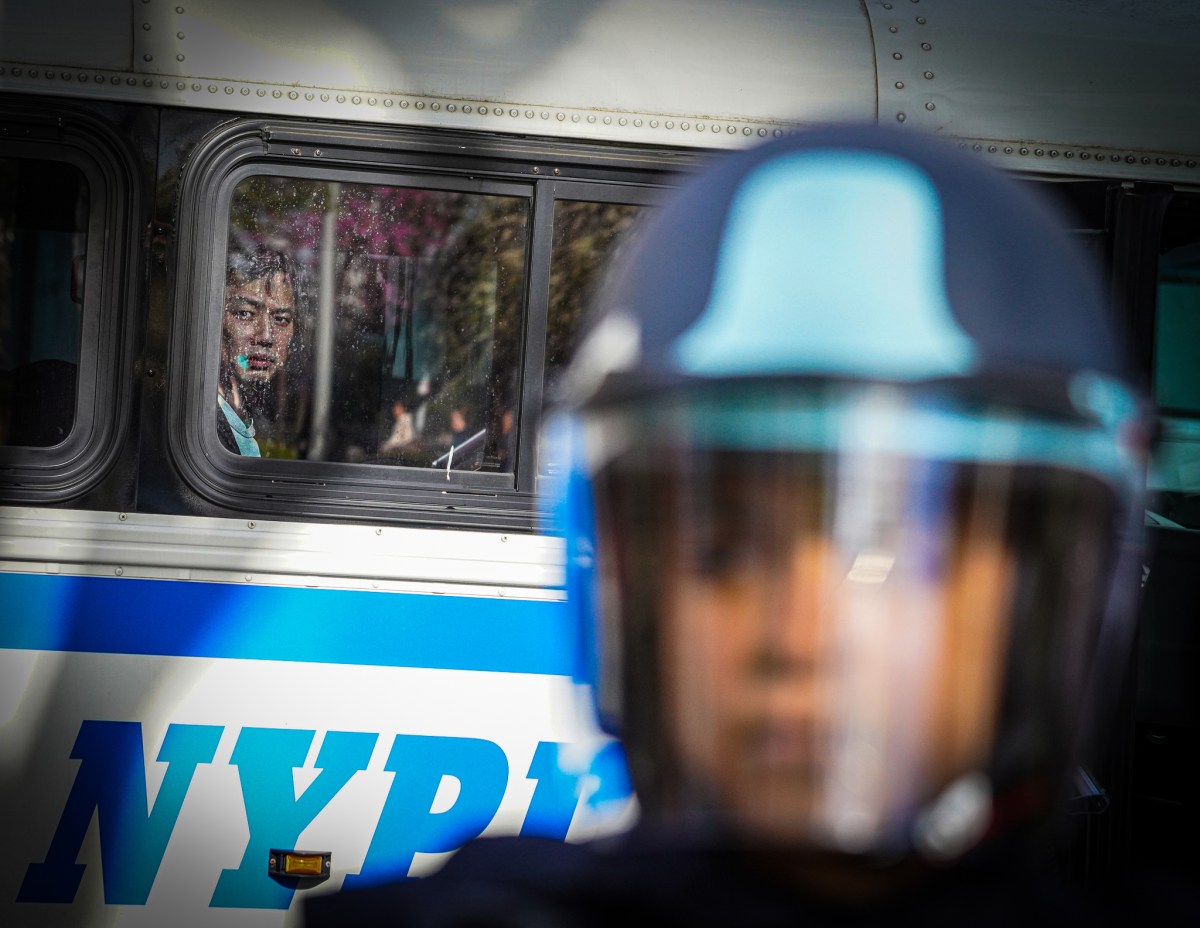OTTAWA – Brian Mulroney’s accusers have had their say, now it’s time for the former Conservative prime minister to tell his side of the story.
Mulroney is scheduled to spend at least three days testifying this week – starting Tuesday – at the public inquiry into his business dealings with German-Canadian businessman Karlheinz Schreiber.
“He’s aware it’s going to be tough, he’s aware it’s gong to be a gruelling three or four days,” says spokesman Robin Sears.
“He is very well prepared, but he’s not taking it lightly.”
Mulroney has been offered an opportunity to make an opening statement to the inquiry headed by Justice Jeffrey Oliphant – a chance that his advisers say he’ll probably pass up.
He will, however, have the advantage of facing his own lawyer, Guy Pratte, on his opening day of testimony and possibly for part of the second day as well.
The aim, says Sears, will be to let Mulroney “frame the story from the point of view of how it was lived by him.”
Mulroney is likely to face more barbed questions later when Richard Wolson, the chief counsel for the inquiry, and his associates get a crack at him.
At the heart of the probe is the so-called Bear Head project, a proposal by the German firm Thyssen AG to set up a plant in Canada to build and export armoured military vehicles.
The original aim was to locate the plant in job-starved Cape Breton, but that shifted later to a potential site in Quebec. Other aspects of the project also changed over time, as senior bureaucrats mounted fierce resistance to the plan and Mulroney’s cabinet ministers split along regional lines.
Though the project never went ahead while Mulroney held power from 1984 to 1993, Schreiber say he paid the former prime minister $300,000 to keep pushing for it once he was out of office – in the expectation that his Tory successor Kim Campbell would look with favour on the deal.
In fact, Campbell has testified that Mulroney never mentioned the project to her, and she soon lost power to Jean Chretien’s Liberals. But Schreiber says he kept paying anyway, handing over cash-stuffed envelopes in a series of hotel-room meetings in 1993-94.
Mulroney admits taking money to lobby for the project but says he broke no laws or ethical guidelines.
He also insists the total was $225,000, the sum he eventually declared for tax purposes. He didn’t do that until 1999, however, nine years after the first envelope changed hands.
The two men differ drastically in their explanations of what Mulroney was supposed to do to earn the cash.
Schreiber says he was supposed to lobby the federal government, or possibly the government of Quebec after the focus switched to that province.
Mulroney says he confined his efforts to foreign political leaders in search of export markets and made no approaches to Canadian officials, something that could have put him in breach of the federal ethics code.
The evidence to date has left little doubt that Mulroney took a personal interest in Bear Head long before he left office.
Documents tabled at the inquiry indicate he met several times with Schreiber, who was usually accompanied by Fred Doucet, a former aide to Mulroney who was hired on as a lobbyist for Schreiber within days of leaving the Prime Minister’s Office in 1988.
Other well-connected Tories, including Doucet’s brother Gerry, former Newfoundland premier Frank Moores and former party backroomer Gary Ouellet also collected hefty lobbying fees.
There is also evidence – although the paper trail has some gaps – that the cash Mulroney received after leaving office likely came from commissions Schreiber had collected as a middle-man in the 1988 sale of European-built Airbus passenger jets to Air Canada.
That finding, in a forensic accounting report tabled last week, raised echoes of a controversy that has dogged Mulroney for years.
The RCMP accused him in 1995 of conspiring with Moores and Schreiber in an alleged kickback ring linked to the Airbus deal. Mulroney adamantly denied the claim and sued for libel, winning a $2.1-million settlement from the Chretien Liberal government.
He’ll likely face pointed questions this week, however, about testimony he gave in the libel suit in which he claimed to know Schreiber only casually and made no mention of the money he had accepted to lobby for Bear Head.
Author Williams Kaplan, who first reported the Bear Head payments in 2003, has testified that Mulroney tried to talk him into keeping the story under wraps.
Mulroney had previously rejected the advice of long-time confidant Luc Lavoie, who testified that he urged the former prime minister to go public with the story in a pre-emptive disclosure as early as 2000.
















